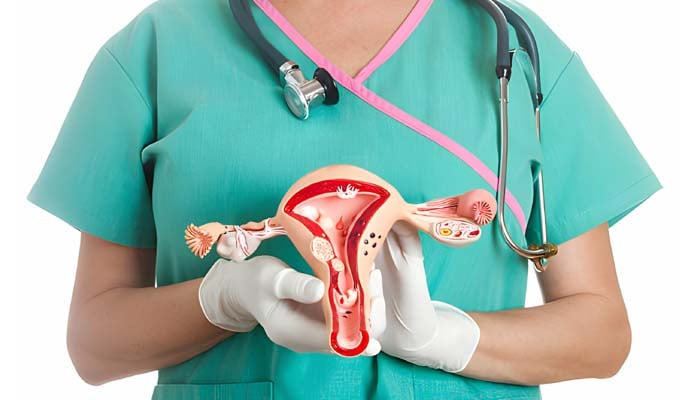
A recent study revealed that women who successfully defeated cervical cancer may experience another potentially fatal health crisis.
According to a research published in JAMA Network Open, cervical cancer survivors have nearly double the risk of developing anal cancers in contrast to the general population.
Cervical cancer is caused by human papillomavirus (HPV). The virus is primarily transmitted via sexual contact.
Senior researchers and co-director of the Cancer Prevention and Control Research Program at the Medical University of South Carolina Hollings Cancer Center in Charleston, Ashish Deshmukh, stated, “We’ve known for a long time that both cervical and anal cancers are caused by HPV, the human papillomavirus.”
“But what hasn’t been well-understood is how that shared risk might connect the two diseases over a woman’s lifetime,” Deshmukh said.
For the study, researchers assessed data from over 85,000 U.S. women with cervical cancer, tracking for two decades to analyse the risk of developing anal cancer.
Researchers discovered that anal cancer rates significantly increased in age and time, particularly among women aged 65–74 who were more than 15 years past their cervical cancer diagnosis.
In this group, higher rates were found to qualify for periodic assessment as high-risk patients.
Currently , health professionals only advise anal cancer screening to only vulnerable populations, including individuals suffering from HIV or organ transplants.
Researchers underscored that HPV-related cancers develop slowly, usually taking decades to appear, making early detection difficult.
Is currently working to determine when and how usually cervical cancer survivors must be screened, aiming to use risk-based screening to secure survivors’ health and assist prevent another second cancer.
